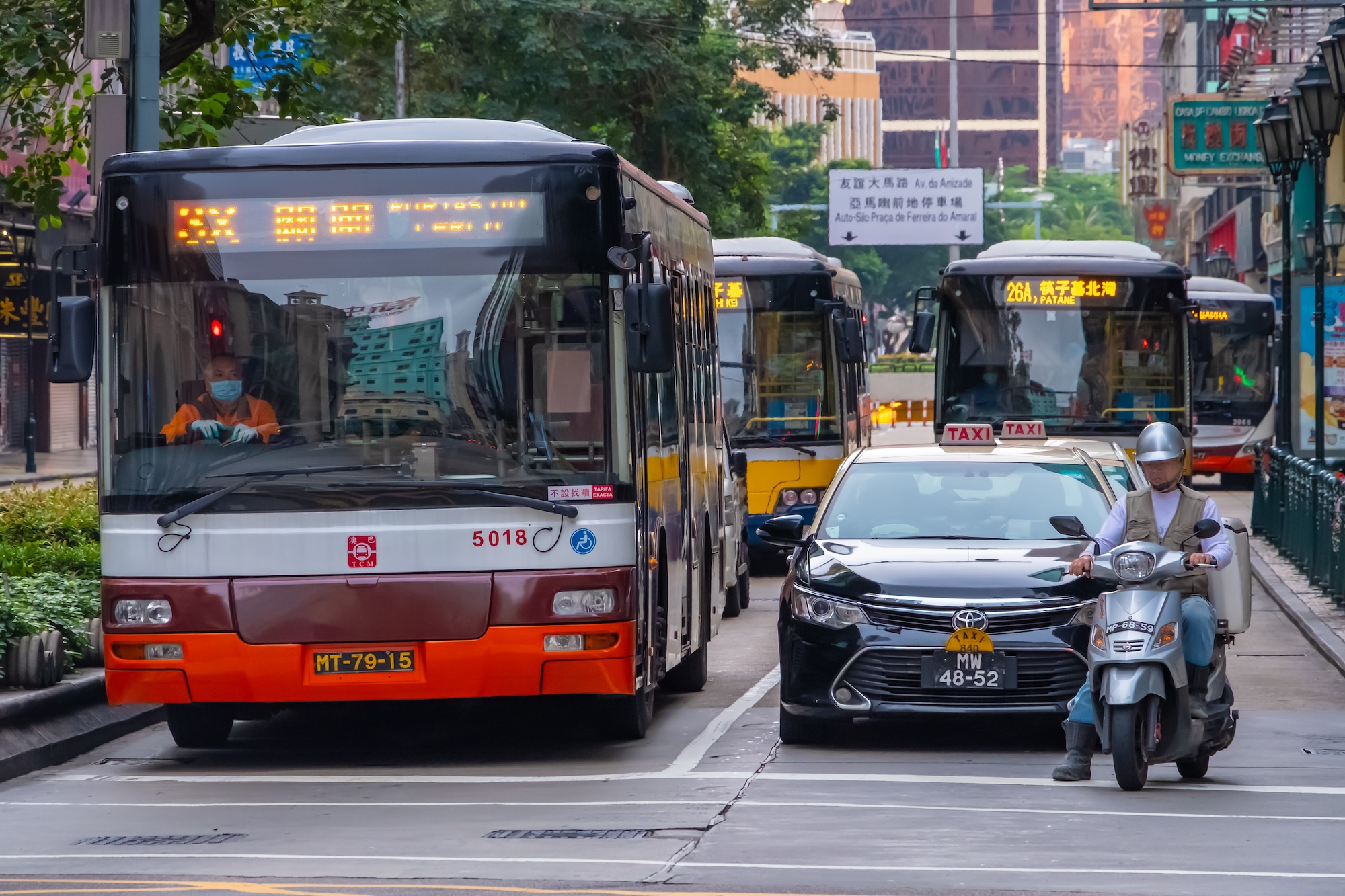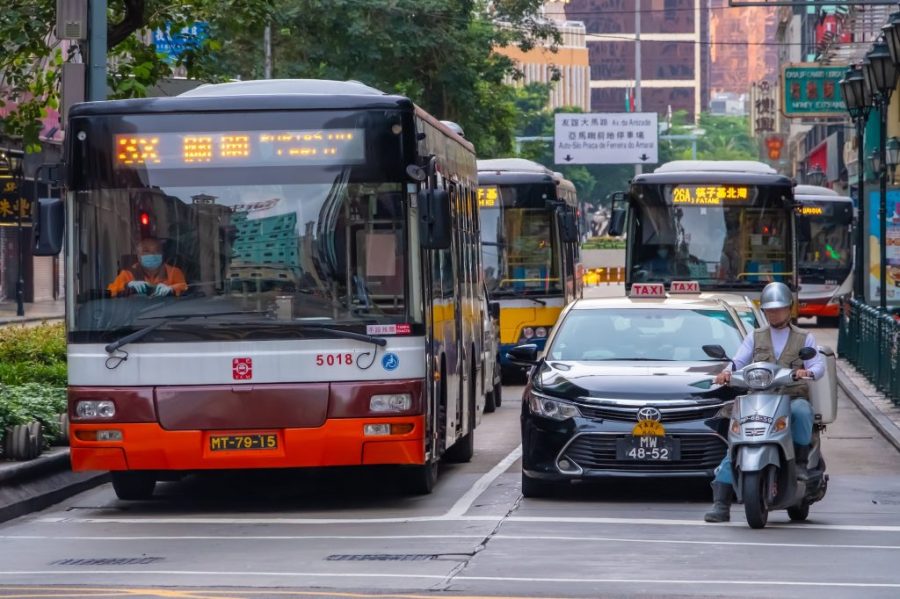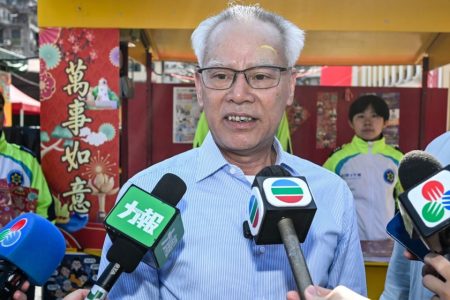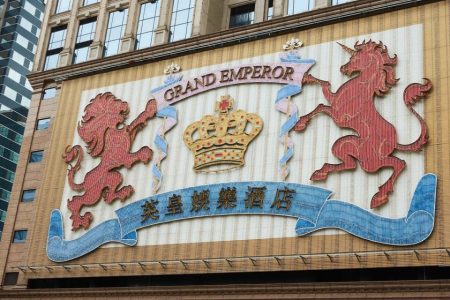Macao’s two public bus service providers, TCM and Transmac, have pledged to update most of their fleet with green buses this year, according to announcements on their websites.
According to Macao’s largest bus operator, TCM, the amount of emissions from its vehicles decreased over the past two years when compared to 2019 levels, with a fall of 20 percent in 2022 and 30 percent in 2023 – the equivalent, it says, to the planting of 16,000 trees. For the year ahead, the operator stated that it planned to convert 95 percent of its fleet to new energy buses.
Transmac announced that it would be purchasing a new batch of electric buses in the middle of 2024, and that once these are added to the current fleet, the company will be operating with only green buses in Macao. In its statement, Transmac also highlighted its achievement in carbon reduction, noting that in 2023, its vehicles’ emissions totalled 34,214.11 tonnes, a decrease of 18.15 percent when compared to 2019’s total of 41,801.16 tonnes.
[See more: Can Macao cut carbon emissions to almost zero by 2050?]
Meanwhile, the government has launched the second phase of its two schemes to grant financial support to individuals who intend to either scrap their old diesel-powered vehicles or replace their petrol-powered motorcycles with an electric one.
The new phase of both initiatives were launched in June 2023, with the first round of applications due to end on 31 May 2024. The second round is scheduled to last between 1 June 2024 to 31 May 2025.
Under the first application period of the diesel-powered vehicle scrapping scheme, people who own diesel vehicles registered on or prior to 31 December 2008, are eligible to a grant of up to 155,000 patacas if they deregister their vehicles and remove them from Macao. As for the motorcycle replacement program, applicants with a bike registered on or before 31 December 2010 are eligible for a scrapping grant of up to 8,800 patacas.
The cutting of emissions by land vehicles is one of the key strategies that the Macao Government is implementing as it works to pursue its goal of reaching near-zero emissions by 2050 – an ambition outlined in its long term decarbonisation plan.






